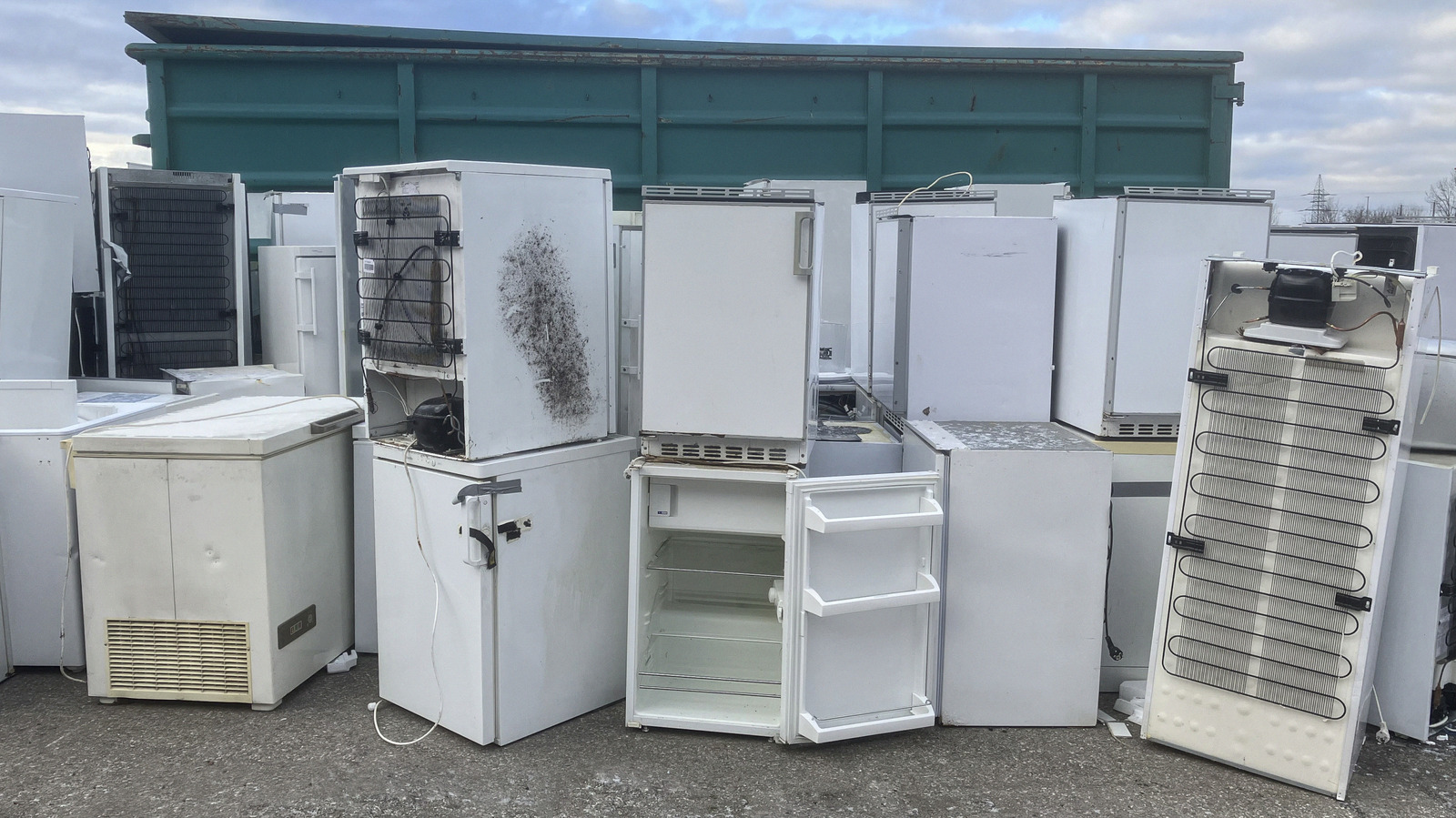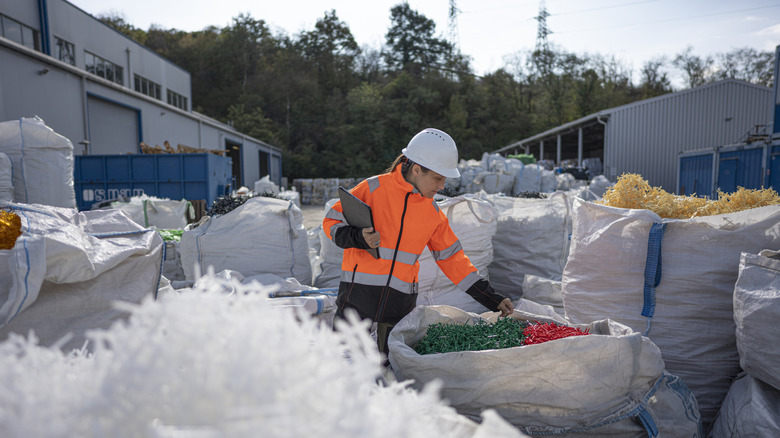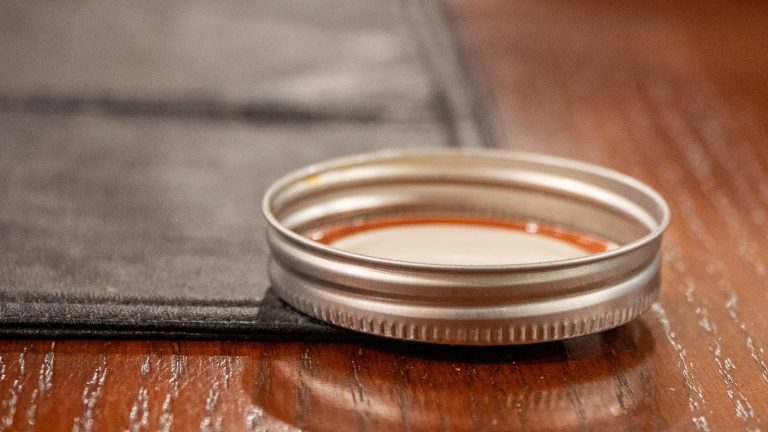If your fridge is ancient — like if it’s been in your kitchen since “Wicked” first came out on Broadway kind of ancient — it’s a sign to toss it out. Other than ghastly frost buildup, it might also be why your electricity bill is so high. However, don’t take the fridge to recycling without observing proper safety measures, including contacting a Responsible Appliance Disposal partner.
RAD is a program that ensures appliances are recycled in an environmentally friendly way, guaranteeing a safe method of disposal for any pollutants or toxic materials they contain. To make that happen, the program connects you to a RAD partner – utility companies, industrial companies, etc. — that can take out the harmful insulation foam in your fridge (among other hazardous materials) so it’s ready for recycling. To find a RAD partner, just input your state in the U.S. Environmental Protection Agency’s website. It should give you at least one option to contact; if it doesn’t, call your electric utility company or a related service, such as local waste management. Otherwise, scrap metal recyclers should typically observe proper recycling, though it wouldn’t hurt to double-check with them first.
Why does contacting a RAD partner matter?
The RAD program’s accessibility helps mitigate the effects of climate change. It’s why reaching out to its partners is one of the things you need to know before recycling your kitchen appliances. Imagine all those toxic substances from your fridge going straight into the landfill. Landfills are already harmful to the environment as they are; adding hazardous chemicals to the equation has more adverse consequences for nearby bodies of water.
Properly recycling an old fridge might not seem like you’re doing much, but it helps — it reduces more carbon dioxide emissions than you might think. According to the EPA, properly recycling a refrigerator saves the emissions equivalent of fueling up 100,000 smartphones. Carbon dioxide emissions are what lock in the heat around our planet, resulting in global warming. Climate change isn’t just about this year’s summer being hotter than the last so you need to turn up your air conditioning as soon as the afternoon sun hits. It also affects businesses (including winemaking in France), polar bears in the Arctic, and future generations’ food, environment, health, and way of life.






